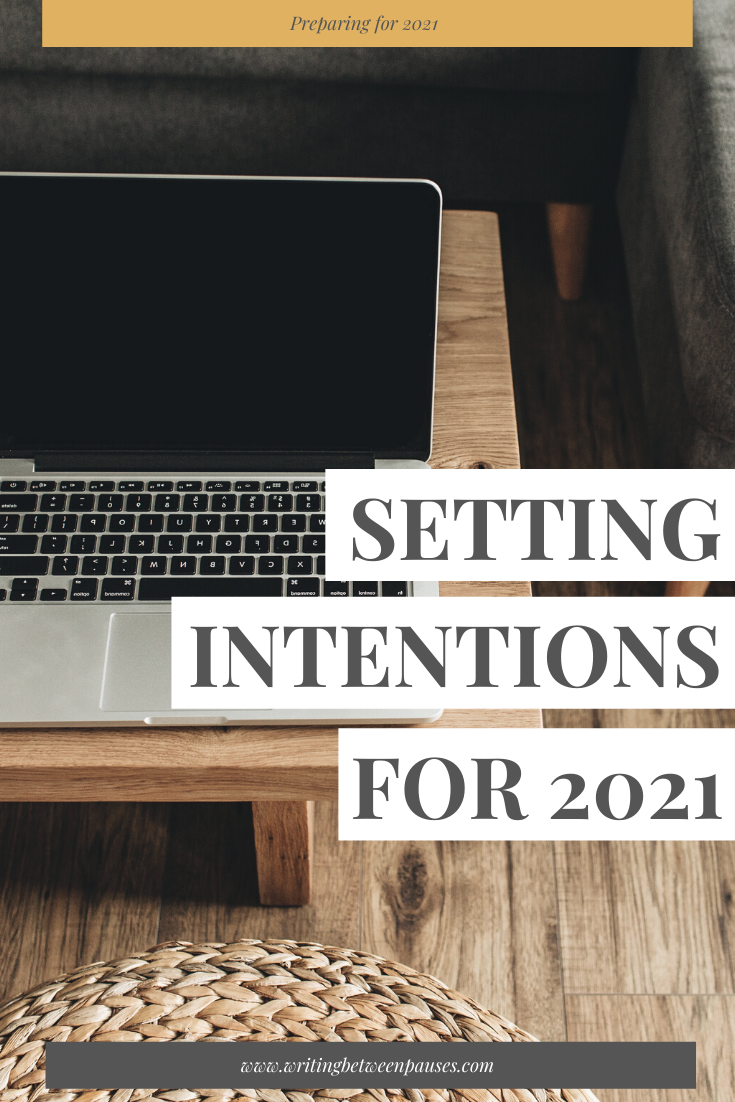Forrest turns 4 this year. That’s right: 4 years old. I know a lot of people have read my blog for a very long time might be a little shocked by that—I mean, I’m shocked by it. And I was the one who was pregnant and has raised him for the past 4 years!
The first time your child goes to preschool, it feels like that first step towards “they’re not my little baby anymore.” It can be a big deal. Even for moms who work, going to school for the first time is a big first step. And for moms like me, who have radically altered their work schedules and how they work so that they can spend maximum time with their child, that first day of preschool can be big.
Forrest attended preschool last year, a year earlier (sort of) that he would if I followed a traditional schedule. Since the moment he was born, I’ve debated when to send Forrest to school; with a late September birthday, he falls just outside the typical cut off for birthdays. That means, he will either just a bit under a year older than his classmates, or I could send him to school early (aka get approval for him to start early) and he would be just a little under a year younger. We haven’t officially made a decision about kindergarten (we have some time), but we did try to find a preschool last year that would take him at 2-turning-3, instead of waiting an extra year.
(It goes without saying: he’s doing a second year of 3-year-old preschool this year until we decide what schedule we’ll be following for kindergarten!)
Even though I knew he was ready for school, and he was so excited for school, it was still a big adjustment for all of us. Some kids are definitely readier than others when it comes to starting school.
I know in some parts of the U.S., preschool has already started. But here in Oregon, school doesn’t start until after Labor Day. I thought I’d share a few of my tips I learned last year, and that I’m repeating this year, to help you prepare your child for school.
1. Act as Preschool’s Hype Man
Before your child starts preschool, talk about it constantly. (The same goes for daycare too! If you’re starting children at daycare after the age of 1, talking about how fun daycare is, and talking about it positively frequently, can make a huge difference in how kids react to it.) Talk about how fun preschool will be, all the fun things they will get to do, how many fun kids they’ll get to meet…
Basically, be a hype man… for preschool. Make it sounds like Disneyland. Make it sounds as fun as your kids favorite thing. This will get them in a positive mindset for school from the start.
One thing to definitely avoid is talking about “missing” them at school, or feeling sad that they’ll be at school. It’s totally ok to feel those feelings (no judgement, it can be VERY sad), but try to keep your child from knowing you feel sad or will miss them. If they say, “But I’ll miss you!” respond in a positive way.
2. Remind Them You’ll Come Back
“Grown ups come back!” Thats the song featured in the Daniel Tiger episode about the first day of school—and it’s one I highly recommend for all kids starting school, even if they’ve gone before. Kids can struggle with being unsure, so reminding them, as often as possible, that you’ll leave them at school, but you will come back is a big deal.
As you’re hyping up preschool, it’s important to also keep up with the reminders that school isn’t forever (all day), that it’s just a few hours and you will be back to pick them up. Or, if they’re being picked up by someone else (like a daycare employee, your mom, whoever), that person will be there to get them and they are safe.
3. Pack a Reminder of You
If you’re really worried about your child feeling separation anxiety, pack something to keep close to them of yours. Most preschool teachers would prefer this not be a toy (nothing like a good fight over a toy from home right at the start of the year). However, pictures, a special locket they can wear, or a small trinket from home can help them feel more secure. They can look at it or hold it for a while; otherwise, it can stay in their backpack for most of the day, just a small reminder that you’ll come back to get them or see them later.
4. Make Your Goodbye Quick
This one is easy: when dropping them off that first day, you’ll be tempted to watch them, stay with them, or play with them for a little while. But I encourage you not to. Say hi to their teacher, give them a quick kiss and hug, remind them you’ll be back to get them, and leave. Don’t linger and definitely don’t cry as you leave. (I definitely cried the moment I got in the car after dropping Forrest off the first time!)
A quick goodbye keeps them from being able to drag it out, get upset, or get used to you being there. Make sure they are introduced to the teacher and feel comfortable with them. Then make your getaway, treat yourself to a nice Starbucks (or coffee of your choice), and enjoy a few hours while your kiddo is at school.
That’s it! 4 tips that might make your transition to preschool just a little bit easier this year (or whenever you send your baby to preschool for the first time). Do you have any other tips? Share with me in the comments!








